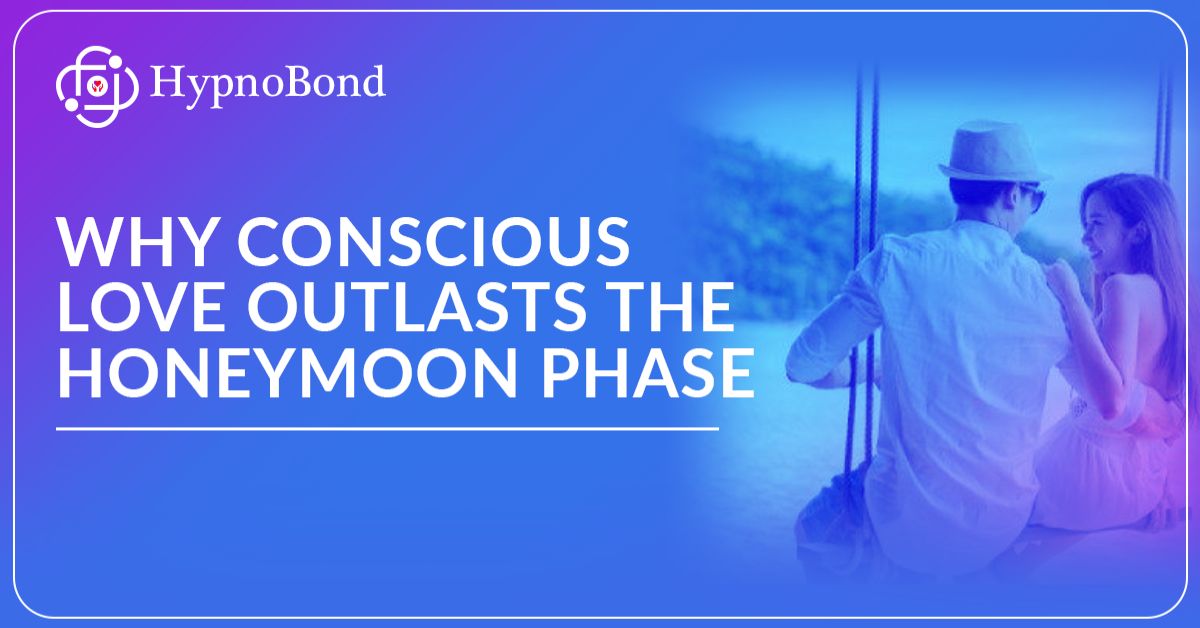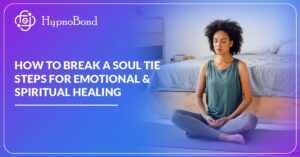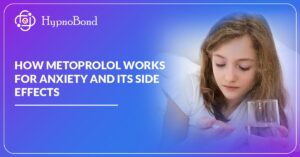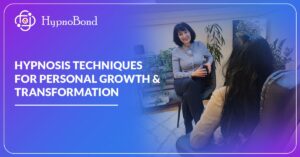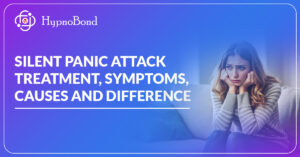When my future mother-in-law asked how long I’d been with her son, I smiled and said, “Three beautiful years.” She leaned back, gave me a kind yet knowing look, and replied, “Don’t worry. The honeymoon period will pass. Then real life begins.” I smiled back, not to be polite but because I knew something she didn’t—we’re still in it. We’ve intentionally decided to build a relationship rooted in conscious love, not unconsciously. To grow, not compete. To evolve together, rather than stagnate.
The neuroscience of falling (and staying) in love
Let’s begin with the brain. When two people fall in love, they experience a cascade of powerful neurochemicals: dopamine (reward), oxytocin (bonding), and endorphins (pleasure). Together, these create the intoxicating cocktail we call the honeymoon phase. Everything feels magical, your heart races, time seems to bend, and life becomes a romantic montage.
But why does it fade?
Because the brain, as miraculous as it is, is also deeply efficient. Over time, it filters out what it no longer considers “new” or “urgent.” Novelty becomes normal. Mystery fades into familiarity. The same brain that once lit up in your partner’s presence now saves energy by running on autopilot. The chemicals diminish. The rituals fade. The spark dims.
But, and this is crucial, it’s not love that fades. It’s consciousness. Let me explain.

We don’t fall out of love, we fall into subconscious programming.
The subconscious mind controls up to 95% of our daily behaviour. And where does that subconscious come from?
The answer lies in early childhood, specifically the first 7 to 8 years of life, when our brain operates predominantly in theta wave activity. This is the same brainwave state we access in deep meditation and hypnosis. During this phase, we’re not thinking; we’re absorbing.
We absorb our parents’ love languages, reactions to stress, beliefs about trust, affection, money, power, intimacy, conflict, commitment, tone of voice, body language, and even their emotional regulation or lack thereof.
Your current relationship is rarely just between you and your partner. It’s a dance between your childhood selves, too.

Read more: Why Children Live in a Hypnotic State Until Age 8
Conscious vs. subconscious love: What drives your relationships?
Most people think they are choosing their partners consciously. But in reality, the subconscious often runs the show, especially when patterns repeat and pain feels familiar.
The subconscious mind
The subconscious is like an underground archive of everything you’ve experienced, especially in early childhood. It stores your beliefs, memories, attachment styles, emotional imprints, and coping mechanisms. It runs on autopilot, directing up to 95% of your behaviours, especially when stressed, tired, or emotionally triggered.
When someone says, “I always fall for the wrong person,” the subconscious replays what it knows, not what is healthy, but what is familiar. How many people unknowingly choose partners who reflect early wounds?
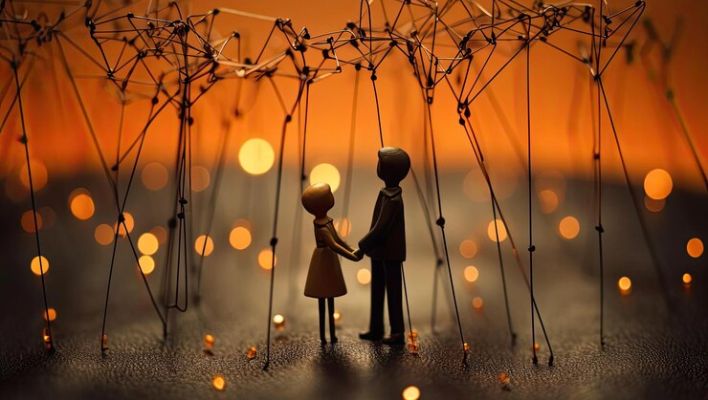
The conscious mind
The conscious mind is your present awareness, the part of you that can reflect, analyse, and make intentional choices. It’s the space of free will, desires, learning, and growth. When you operate from your conscious mind in relationships, you can observe your triggers, set boundaries, and choose love over fear or survival-based behaviour.
But here’s the catch: the conscious mind is only active about 5% of the time unless we train it through tools like hypnotherapy, meditation, CBT, or deep self-reflection.

Why does this matter in love
If you’re unaware of your subconscious programming, love becomes a loop of reenactment rather than a journey of evolution. You chase or avoid love based on unresolved emotional memories, not your current values or vision. But when love becomes conscious, it becomes liberating.
You start to recognize:
- What feels like love may be trauma-bonding.
- What feels boring may actually be secure.
- What feels terrifying may actually be the doorway to genuine intimacy.
How to stay in the honeymoon phase consciously
The real magic of love isn’t found in passion. It’s found in presence. Here are three ways to stay awake and connected long after the dopamine fades.
1. Redefine the butterflies
Remember the thrill of those first few dates? That rush of excitement, nervousness, electricity in your chest?
Most people call it love. But in truth, those butterflies are often anxiety wrapped in anticipation.
Psychologist Arthur Aron’s famous “bridge study” proved that physiological arousal, like fear or excitement, can be misattributed as attraction. People standing on a shaky bridge (in a fearful state) were likelier to call the attractive person they met there than people on solid ground.
This means the butterflies we crave are not proof of love; they’re often afraid of rejection, not being liked, of wondering if they will text back.
Once we feel safe and chosen, that tension dissolves. We mistake this as boredom or “falling out of love,” when it’s the beginning of security.
True love isn’t volatile. It’s safe. And safety doesn’t have to be boring if you’re present enough to notice it.

2. Observe before you react
Every couple fights. But what if fights weren’t failures, but invitations?
When you feel triggered, try this:
- Step back mentally.
- Name the emotion: anger, jealousy, fear, sadness.
- Ask yourself: Is this mine or is this old?”
- Am I reacting to this moment?
- Am I re-enacting something from the past?
This awareness alone can disrupt deeply ingrained patterns. And when two people do this together, something extraordinary happens: conflict becomes growth.
As trauma expert Dr. Gabor Maté says, “Triggers are not about the present. They’re about unhealed wounds from the past.”
Heal the wound. The trigger disappears.
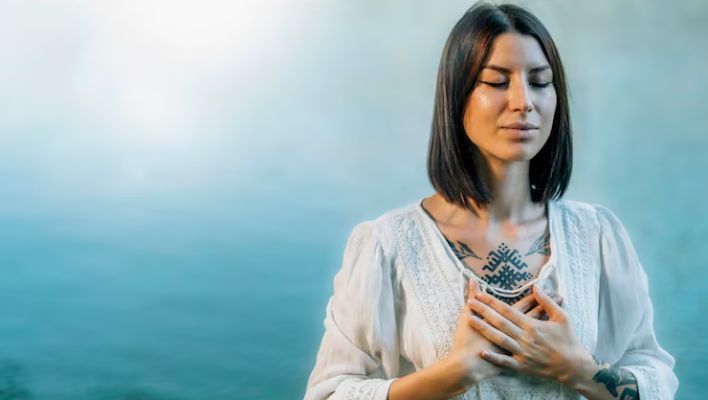
3. Cultivate contentment, not happiness
We live in a happiness-obsessed culture. But the brain isn’t wired to stay “happy” all the time.
Happiness is dopamine-fueled, high, quick, and short-lived. Think big surprises, gifts, and dramatic makeup.
Contentment, however, is serotonin-driven. It’s slower. Quieter. More stable. It’s in:
- The way you look at your partner across the room
- The tone you use when you say “I’m glad you’re home”
- Brushing your teeth side-by-side
- Knowing they remember how you like your coffee
- Contentment is not the absence of excitement. It’s the presence of peace. And peace, when shared, is more powerful than any passion.

The intimate truth: Real love is a risk, but a beautiful one
I didn’t come into this relationship whole. I came in afraid that my trauma might ruin something good. That I might self-sabotage. That I didn’t deserve a love like this.
But we made space. Space for honesty. For vulnerability. For imperfection. We gave each other permission not to be perfect and still learn, and we became teachers to each other.
We chose to build this together, not from logic (which just recycles old beliefs), not from loneliness (which breeds dependency), not from passion (which evaporates fast), but from presence.
Love is not about perfection. It’s about repetition. Choosing. Every day. Again.

Final thought: The new love revolution
So if you’re reading this and wondering why the spark faded, ask yourself:
Are you loving from your present self, or your past wounds? Do you see your partner through today’s eyes or childhood filters?
Because the honeymoon doesn’t have to end. Not if you don’t end your awareness.
Conscious love is not only possible; it is the next great revolution.
Not a fairy tale. Not a fantasy. But a relationship where you both wake up and say:
“I see you. Still. Again. And always.”
“Conscious love is a daily choice.”
Read more: How Hypnosis Can Catapult Your Business Success
Ready to turn subconscious patterns into conscious power?
If you’ve recognized yourself in these patterns and are ready to stop the cycle, you’re not alone and don’t have to do it alone.
At HypnoBond, we specialize in helping high-performing individuals and sensitive souls break free from subconscious relationship loops, especially those rooted in narcissistic dynamics.
Take the first step today. Book your private consultation or explore our breakthrough program.
So, I leave you with this beautiful quote from Carl Jung:
“Until you make the unconscious conscious, it will direct your life and you will call it fate.” — Carl Jung

